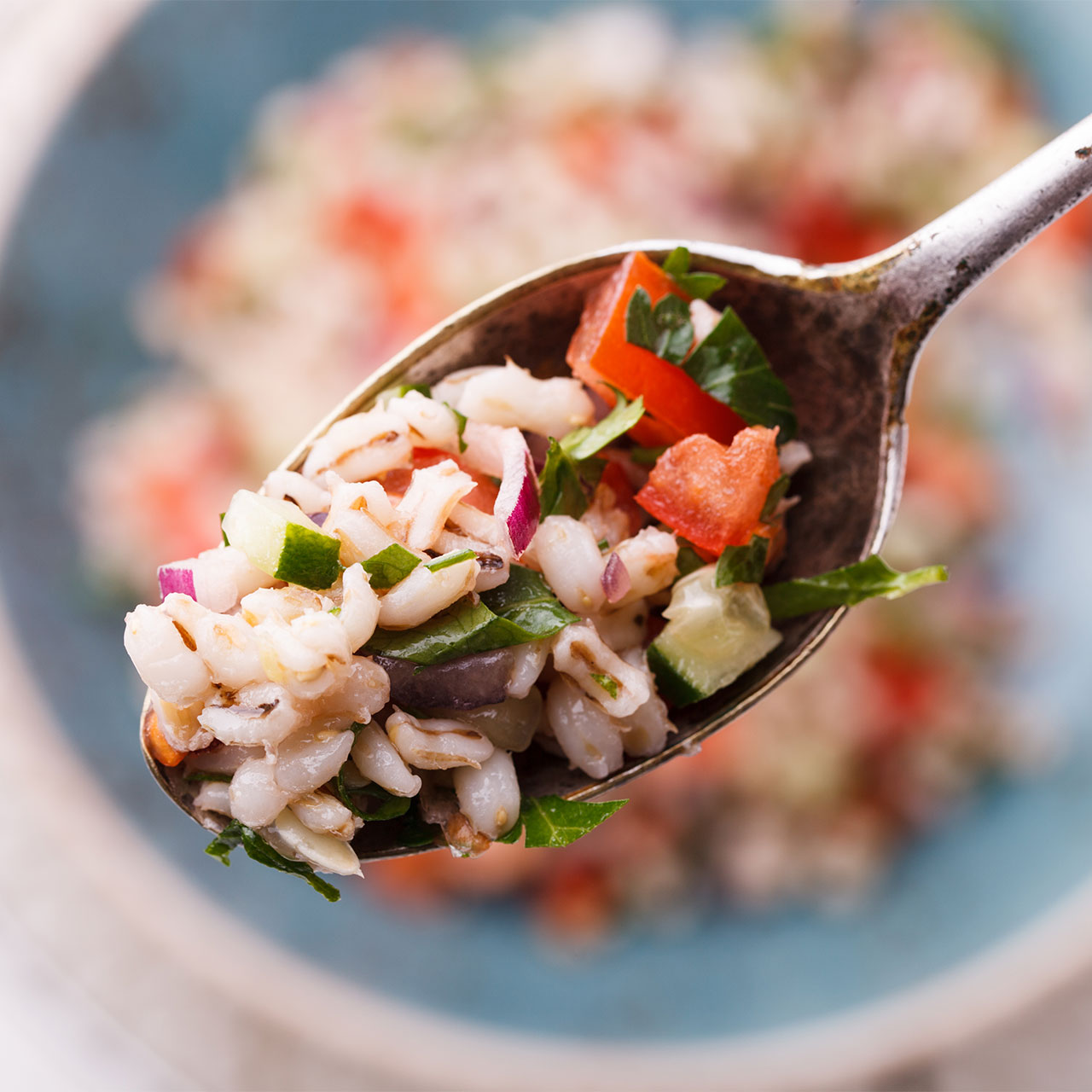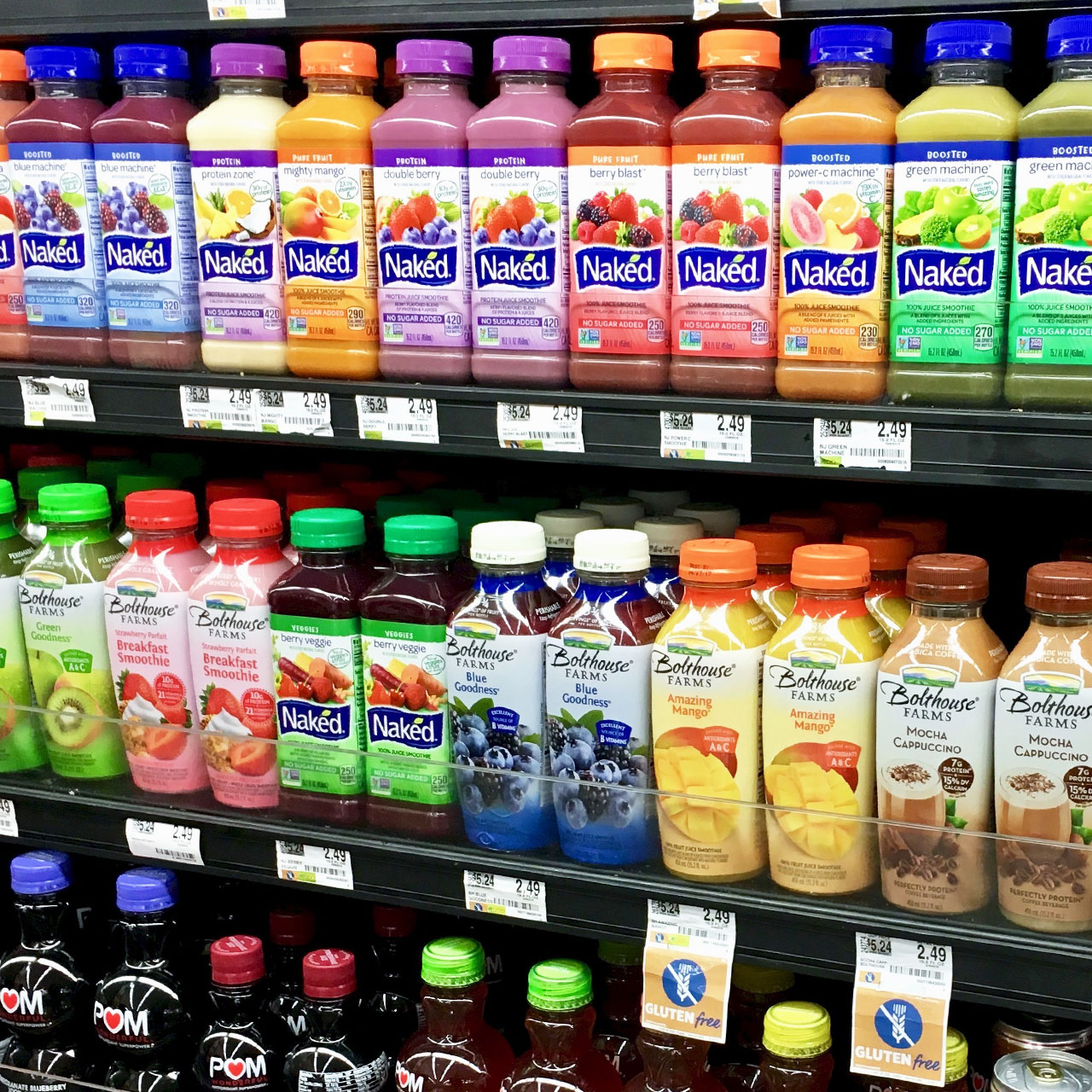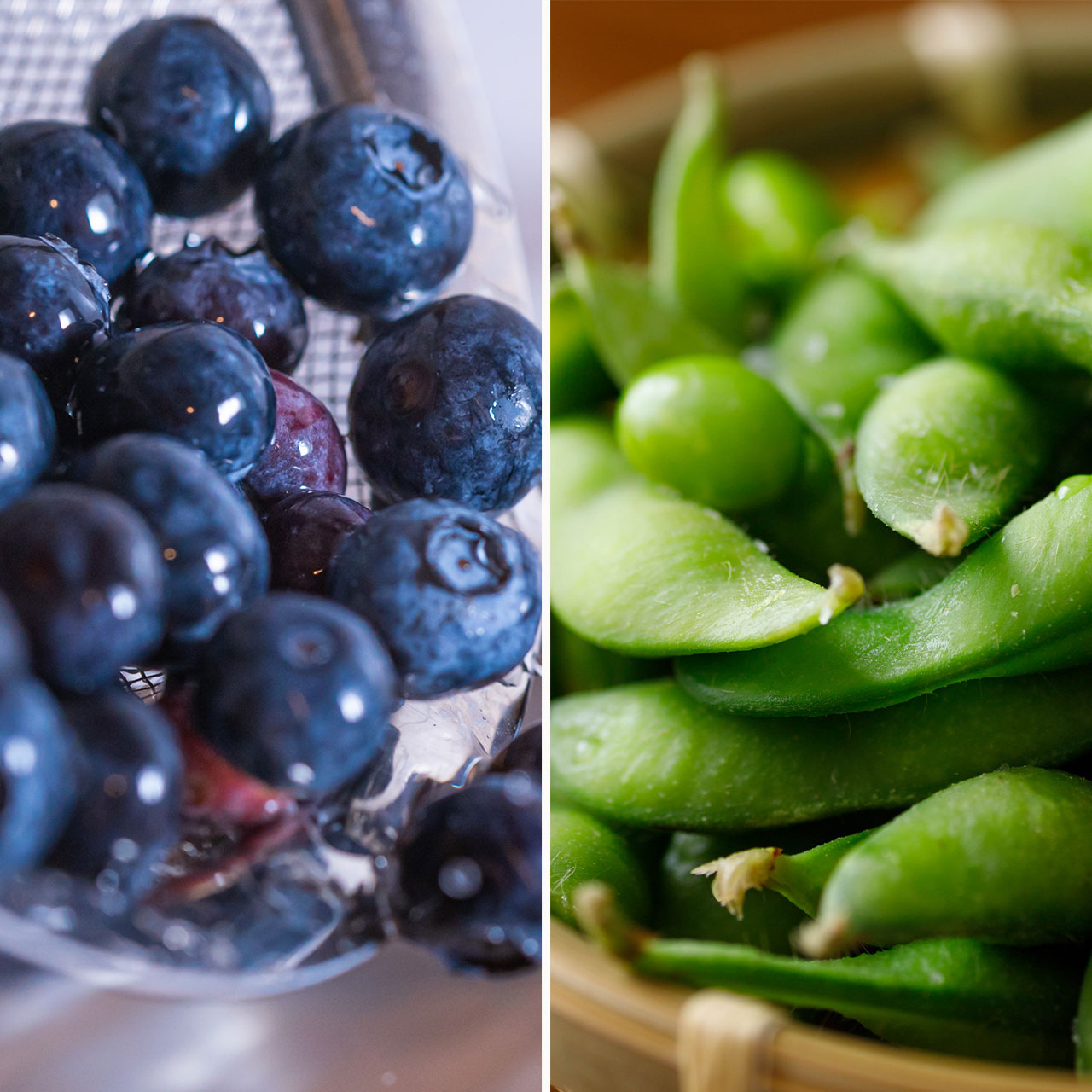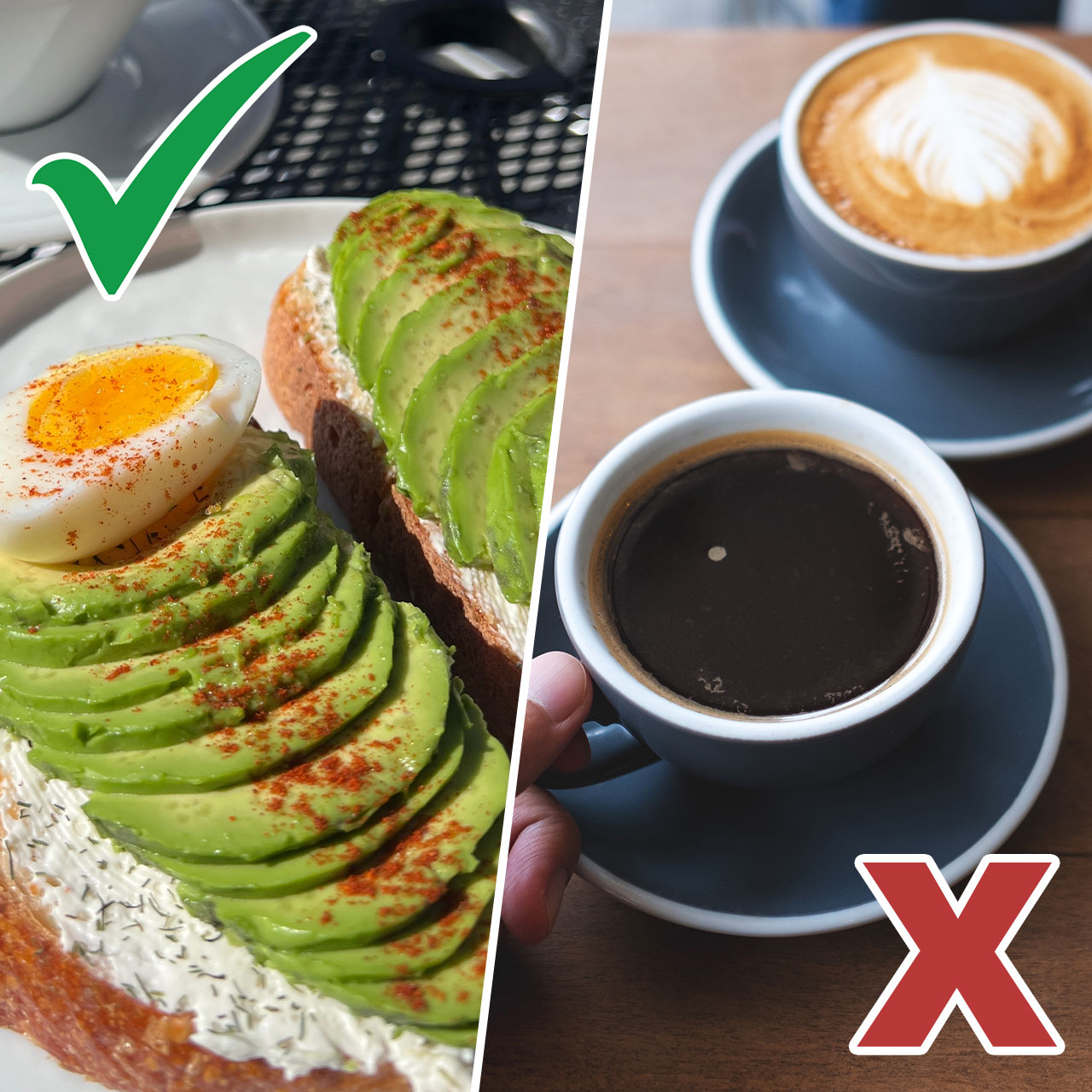Ensuring healthy cholesterol levels is paramount for maintaining cardiovascular health and overall well-being. And one of the best places to start is with your diet. We consulted Sophia Turner, a registered dietitian, fitness coach, and co-founder of Slimetc, to gain insights into effective cholesterol management. She explained that cholesterol, a waxy substance produced by the liver and obtained from certain foods, is vital for the body’s normal functioning. However, an excess of cholesterol can lead to health problems, particularly cardiovascular disease.
In the pursuit of a balanced diet, incorporating heart-healthy carbohydrates is a great strategy. Carbohydrates play a significant role in managing cholesterol levels by promoting satiety, reducing the risk of overeating, and diminishing inflammation and plaque buildup in arteries. When it comes to the best heart-healthy carbs for lowering cholesterol, Turner identifies oats, barley, and legumes as top contenders. Each of these carbohydrate sources is rich in soluble fiber, a nutrient renowned for fueling the body and reducing the absorption of cholesterol into the bloodstream. Learn more about the benefits and how to incorporate them into your diet below.


1. Oats
Oats are packed with so many incredible benefits. Turner highlights them as an exceptional heart-healthy carb choice. According to her, oats contain beta-glucan, a soluble fiber that effectively lowers LDL cholesterol levels. Beta-glucan forms a gel-like substance in the digestive tract, binding to cholesterol and preventing its absorption into the bloodstream. Regular consumption of oats, whether in a comforting, warm bowl of oatmeal or as overnight oats, proves to be an effective way to lower cholesterol while offering a filling and delicious dietary option.
Turner elaborates on the benefits of beta-glucan, stating, "This gel traps cholesterol, preventing its absorption into the bloodstream. Beta-glucan also enhances the excretion of bile acids, which are made from cholesterol, further reducing the body's cholesterol levels." Ultimately, oats contribute to a reduction in LDL cholesterol levels without affecting HDL cholesterol, promoting heart health in a tasty way.
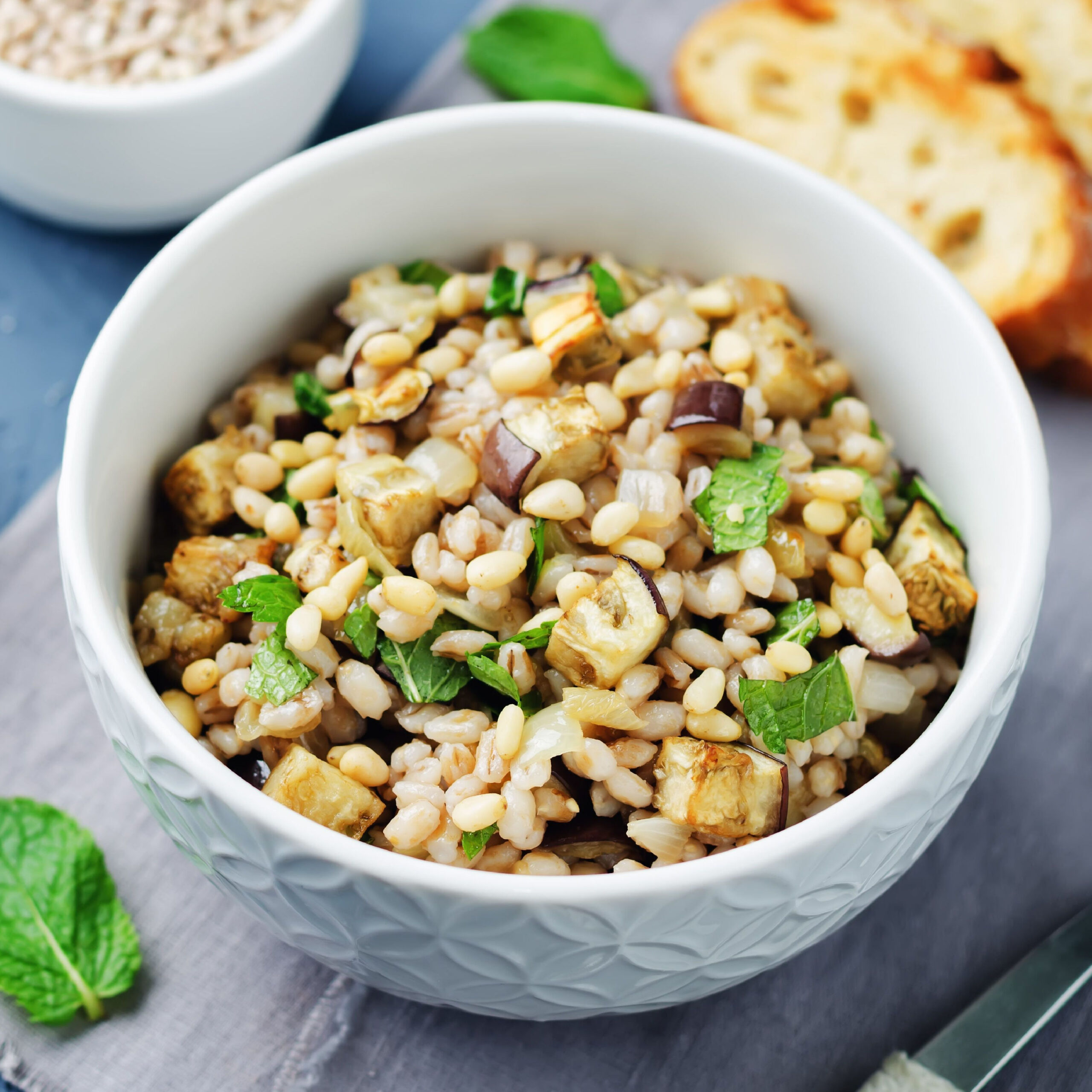
2. Barley
Although it may not be the most popular carb around, we think barley is highly underrated. It's another stellar carb choice for cholesterol management, sharing similarities with oats in its beta-glucan content, which effectively reducing the absorption of cholesterol. Barley can be seamlessly incorporated into soups, stews, or salads, providing a versatile and heart-healthy grain option.
"Barley helps to lower LDL cholesterol levels by interfering with cholesterol absorption. Its rich fiber content also promotes a feeling of fullness and aids in weight management, indirectly contributing to improved cholesterol levels and heart health," explains Turner. Additionally, barley's collagen levels offer an unexpected bonus—contributing to younger-looking skin. Perfect!

3. Legumes
Beans, lentils, and chickpeas, collectively known as legumes, make for tasty and cholesterol-friendly choices. Turner notes that legumes are rich sources of soluble fiber and plant-based protein, both conducive to lowering cholesterol levels. The soluble fiber in legumes inhibits the absorption of LDL cholesterol in the intestine. Regular consumption of legumes in various forms, such as soups, salads, or side dishes, contributes to improved cholesterol levels and overall heart health.
Turner emphasizes the many benefits of the soluble fiber in legumes, stating, "This soluble fiber forms a gel-like substance in the digestive tract, which binds to cholesterol and bile acids. As a result, the body excretes more cholesterol, leading to a decrease in LDL cholesterol levels." The combination of fiber and plant-based protein in legumes not only aids in cholesterol reduction but also supports weight management—a truly advantageous combination for heart health.
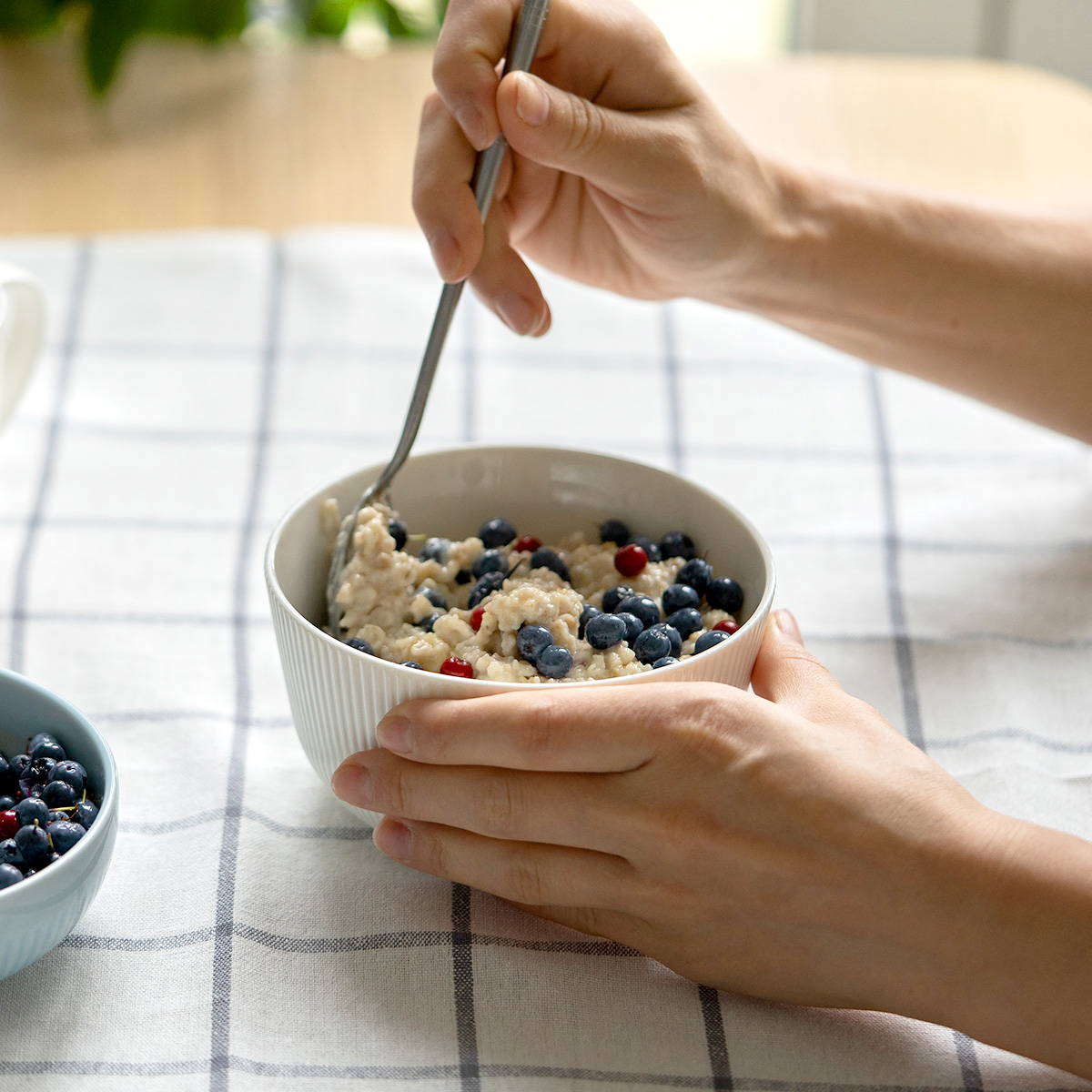
The bottom line
All in all, incorporating heart-healthy carbohydrates like oats, barley, and legumes into your diet serves as a proactive (and tasty) way to manage cholesterol levels and promoting a healthier heart. But it's also important to remember that adding a few foods to your diet won't work a miracle; it's crucial to stick to a number of heart-healthy habits to foster a well-oiled cardiovascular system—and a healthy body overall.





